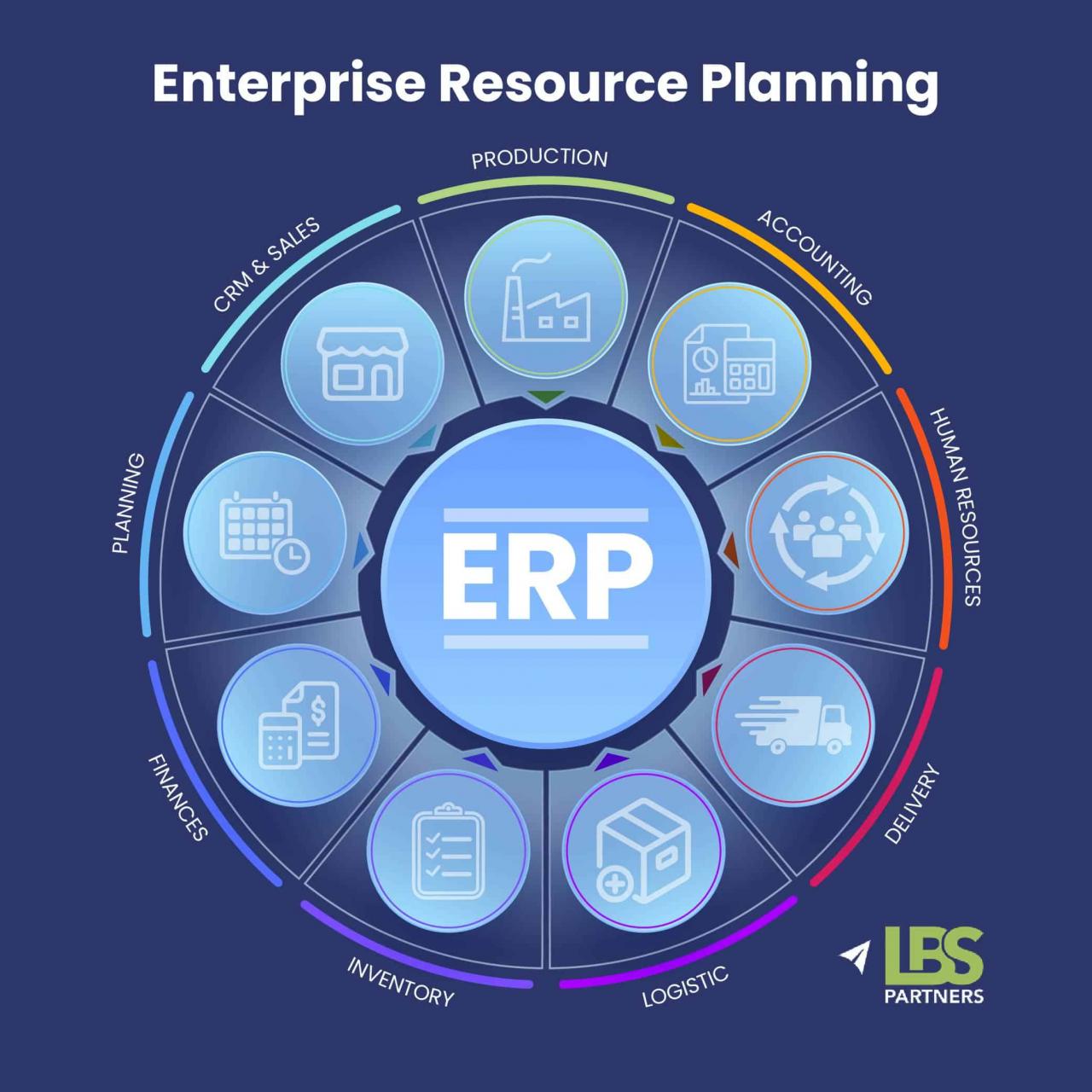An ERP system is an information system based on a centralized database that integrates all data and processes of an organization into a unified system. It provides a comprehensive view of the business and helps organizations streamline their operations, improve decision-making, and gain a competitive advantage.
ERP systems are designed to manage and integrate all aspects of an organization’s operations, including finance, human resources, manufacturing, supply chain management, and customer relationship management. By providing a single, unified view of all data, ERP systems help organizations to improve their efficiency, productivity, and profitability.
1. Definition of an ERP System
An ERP system is a comprehensive information system that integrates and manages data and processes across multiple business units, such as finance, supply chain management, human resources, and manufacturing. It provides a single, centralized platform for managing all aspects of an organization’s operations, enabling efficient and effective decision-making.
The core purpose of an ERP system is to improve business efficiency, reduce costs, and increase productivity. It achieves this by automating and streamlining business processes, eliminating redundant tasks, and providing real-time access to data and insights.
ERP systems are characterized by their ability to:
- Integrate data from multiple business units
- Automate and streamline business processes
- Provide real-time access to data and insights
- Support decision-making and planning
- Improve customer service and satisfaction
2. Information Systems and ERP
ERP systems are a type of information system that leverages information technology to manage business processes. They differ from traditional information systems in that they are designed to integrate data and processes from multiple business units, providing a comprehensive view of the entire organization.
ERP systems utilize a variety of information technology tools, including:
- Databases
- Enterprise application integration (EAI)
- Business intelligence (BI)
- Cloud computing
These tools enable ERP systems to collect, store, process, and analyze data from multiple sources, providing insights that can help businesses make better decisions and improve performance.
3. Integration and Data Management

ERP systems play a crucial role in integrating data from various business units, ensuring that all departments have access to the same up-to-date information. This integration eliminates data silos and reduces the risk of errors caused by inconsistent data.
ERP systems use a variety of methods to integrate data, including:
- Data mapping
- Data cleansing
- Data standardization
Once data is integrated, ERP systems provide tools to manage and maintain data integrity. These tools include:
- Data validation
- Data backup and recovery
- Data security
4. Business Process Management: An Erp System Is An Information System Based On
ERP systems support and enhance business process management by providing a platform for automating and streamlining business processes. This can lead to significant improvements in efficiency, productivity, and cost reduction.
ERP systems can automate a wide range of business processes, including:
- Order processing
- Inventory management
- Financial management
- Human resource management
- Customer relationship management
By automating these processes, ERP systems can free up employees to focus on more strategic tasks, leading to increased innovation and growth.
Outcome Summary
In conclusion, ERP systems are essential for modern businesses that want to streamline their operations, improve their decision-making, and gain a competitive advantage. By providing a single, unified view of all data, ERP systems help organizations to make better decisions, improve their efficiency, and increase their profitability.
FAQ Overview
What is an ERP system?
An ERP system is a software application that integrates all of an organization’s data and processes into a single, unified system.
What are the benefits of using an ERP system?
ERP systems can provide a number of benefits, including improved efficiency, productivity, and profitability.
What are the challenges of implementing an ERP system?
Implementing an ERP system can be a complex and challenging process. However, the benefits of an ERP system can far outweigh the challenges.